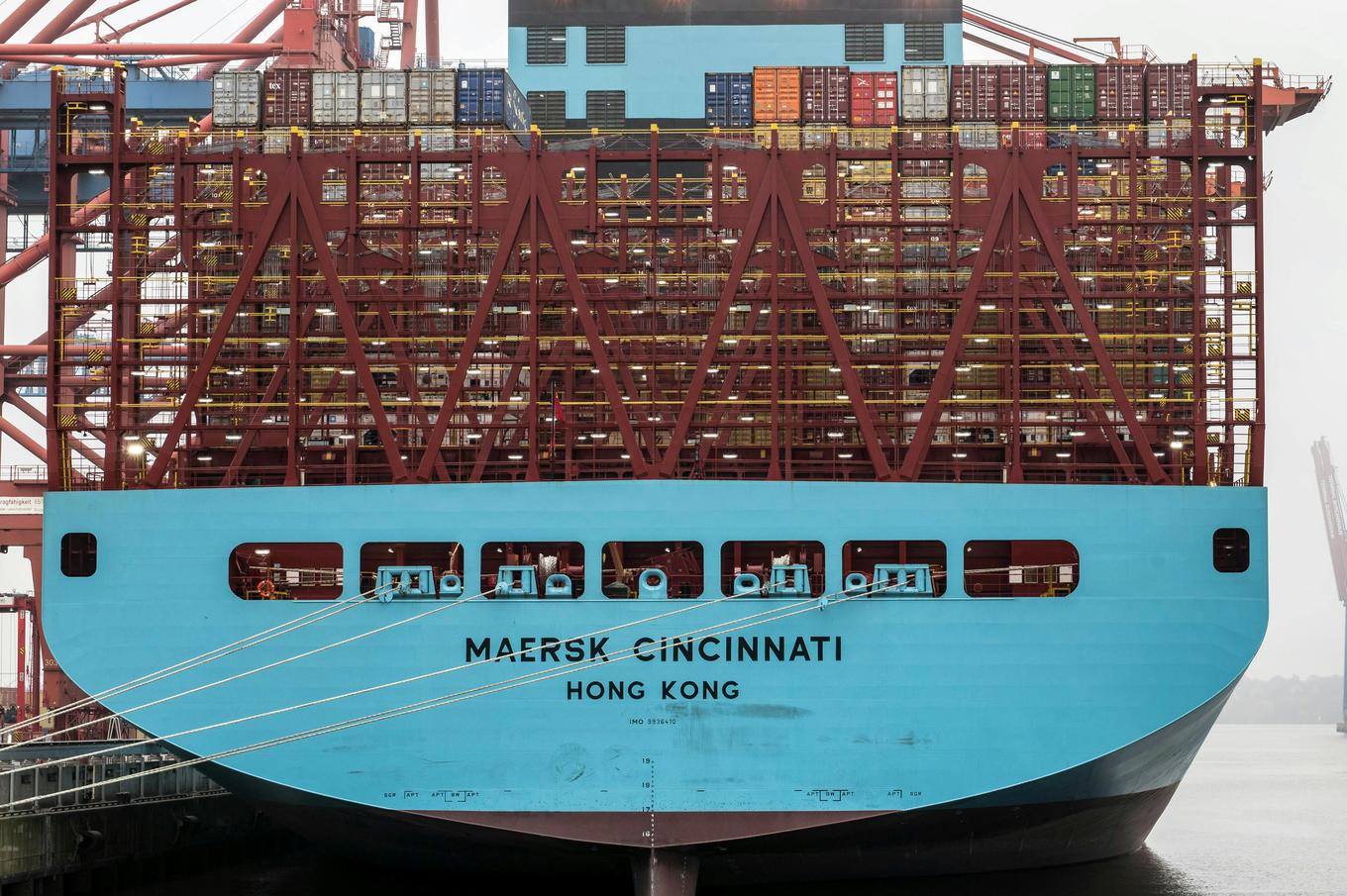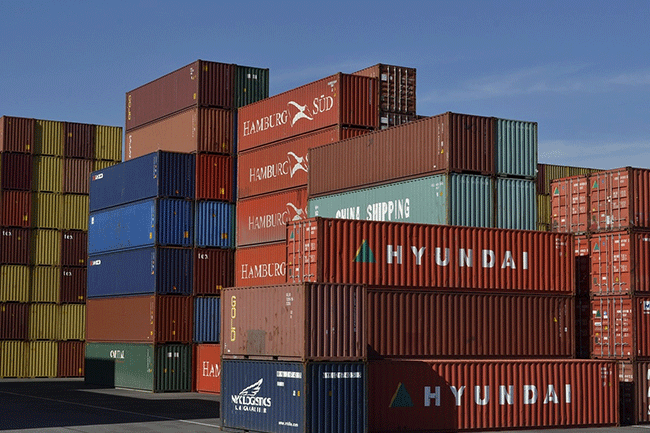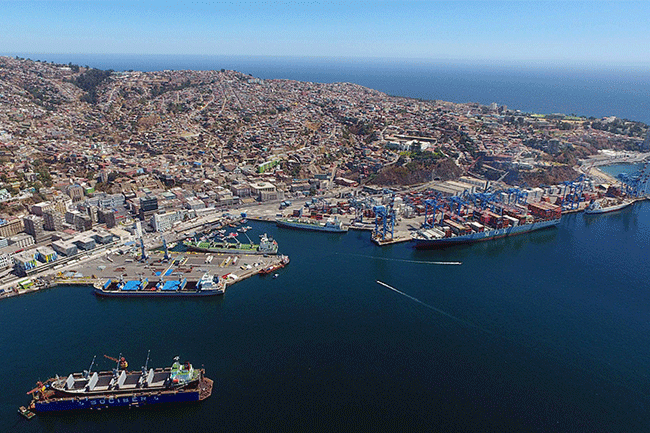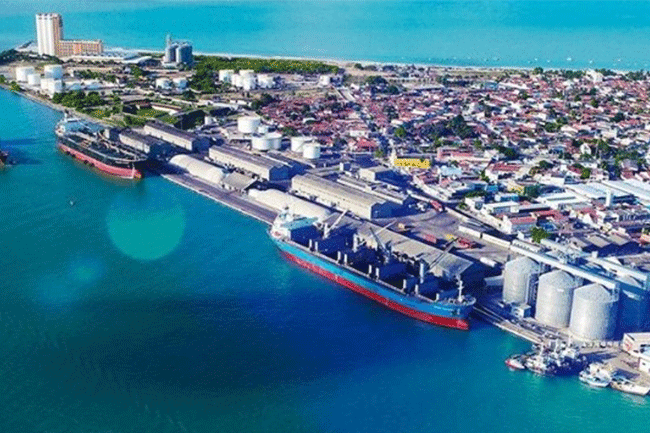- Shanghai Zhongshen International Trading Co., Ltd. – Your reliable partner with 20 years of import/export agency service expertise.

I. The Situation of Japan's Chocolate Import Trade and Its Policy Background
In recent years, Sino-Japanese food trade has shown steady growth. In 2023, China's total imports of food from Japan increased by 12% year-on-year. Among them, chocolate and cocoa products, with their exquisite craftsmanship and unique flavors, have become popular imported categories. After the RCEP (Regional Comprehensive Economic Partnership Agreement) came into effect, the tariff concessions for Japanese-origin chocolate entered the third stage. The most-favored-nation tariff rate for some HS codes (such as 18063200, filled chocolate) was reduced from 8% to 6%, further lowering import costs.
However, it should be noted that the Japanese Ministry of Health, Labour and Welfare (MHLW) strictly regulates food additives and microbiological indicators (for example, the revised Food Sanitation Law in 2023 strengthened the limits on trans fatty acids), while the General Administration of Customs of China (GACC) requires that foreign manufacturers of imported foods must complete registration in China (obtaining a 14-digit registration number) and provide a Health Certificate issued by the Japanese authorities and Chinese labels that comply with GB 7718-2011. These policy changes will have a significant impact on the import and sales of food products in China.Import Agent ServicesThis places higher demands on the ability to review documents and ensure compliance.
II. Core competencies of import agents: Professional control of documents and logistics
(I) Document Processing: Full-chain review to avoid customs clearance risks
The document system for importing Japanese chocolate needs to strictly comply with the requirements of customs and inspection and quarantine. The core documents include:
- Commercial Documents: Business invoice (which must indicate the transaction mode FOB/CIF and the commission included), packing list (which must specify the net/gross weight of each box and the specifications), bill of lading.Maritime transportMainly, it is necessary to check whether the ship name and voyage number are consistent with the booking information.
- Official certified documents: The document issued by the Ministry of Economy, Trade and Industry (METI) of Japan states that:Origin Certificate(FORM E, used for RCEP tariff preferences), a "Health Certificate" issued by the Japanese Ministry of Agriculture, Forestry and Fisheries (MAFF) or an authorized agency (which must list the registered number of the production enterprise, the product ingredients, and the results of microbial testing);
- Auxiliary documents: Ingredient testing report (which must include the cocoa butter content and trans fatty acid data), packaging declaration (proving that the packaging is non-wooden or has undergone fumigation treatment), and Chinese label samples (which must be registered with the customs in advance).
Zhong Shen International Trade Co., Ltd.Our document processing team has over 10 years of experience in food importation and can conduct a three-step document review: first, verifying contract terms (such as "document consistency" under L/C); second, checking policy compliance (e.g., ensuring that the FORM E certification authority is on the GACC white list); and third, reviewing customs clearance requirements (e.g., ensuring that the "product description" on the health certificate fully matches the actual goods). This ensures a 0.1% non-compliance rate and helps avoid port detention fees (typically $500–1,000 per day) or the risk of product rejection due to document deficiencies.
(II) Logistics Management: Sea-Land-Air End-to-End Synergy for Cost and Efficiency
The import logistics of chocolate in Japan is mainly by sea (accounting for 85%), and a small amount of urgent items are transported by air.Air freight(For example, Tokyo-Shanghai, delivery within 48 hours). Zhong Shen has established long-term cooperation with shipping companies such as Japan Line (NYK) and Mitsui OSK Lines (MOL), which enables us to secure shipping space during peak seasons (such as the two months before Christmas) in advance. We also offer flexible solutions for customers' cargo volumes through LCL (less-than-container load) or FCL (full-container load) services, with a minimum shipment quantity of 500 kg.
The transportation process requires special attention and strict control:
- Temperature control: The melting point of chocolate is about 34℃. In summer, it is necessary to use refrigerated containers (Reefer), set the temperature to 18-22℃, and monitor the temperature and humidity throughout the process (by uploading data in real time through GPS and temperature-sensing devices).
- Destination port operation: 3 days before arrival, complete the pre-declaration through the "Single Window" system and handle the document exchange (exchange of B/L for D/O) in advance to avoid incurring demurrage charges. If an inspection is required during customs clearance (with a probability of about 15%), you can coordinate with the customs inspection site (such as the dedicated inspection warehouse in Shanghai Waigaoqiao Bonded Zone) to reduce the exposure time of the goods.
- Domestic distribution: In cooperation with JD Logistics and SF Express Cold Chain, we provide door-to-door (DDP) or warehouse-to-warehouse (DAP) services according to customer needs, supporting distribution to 31 provincial-level administrative regions across China.
III. Analysis of the Key Steps in the Entire Process of Import Agency Operations
Zhong Shen International Trade Co., Ltd. breaks down the import agency process into nine major stages, with risk control points set up at each stage:
- Client Consultation: It is necessary to specify the product type (dark chocolate/milk chocolate/filled chocolate), HS code (18061000-18069000), import quantity (tons/containers), and customs clearance ports (Shanghai/Guangzhou/Tianjin), and to assess whether it involves special supervision (such as irradiation treatment requiring additional declaration).
- Negotiation and Contract Signing: The key points of the review include trade terms (recommended CIF, with the agent controlling the transportation risk), payment methods (T/T with a 30% advance payment and a 70% balance upon presentation of the documents, or L/C at sight), and an agreement on port detention fees and the division of responsibilities for returning goods due to failed inspection.
- Orders & Payment: Through the enterprise qualification in the directory of the State Administration of Foreign Exchange, using domestic banks to purchase foreign exchange and make foreign exchange payments (requiring materials such as contracts, invoices, and customs declarations to ensure consistency among the three documents), Russian-related business can be conducted through VTB Bank (Russia).foreign tradeBank)Convert foreign exchange into RMBShorten the payment cycle by 2-3 days and reduce the risk of exchange rate fluctuations;
- Production supervision: If requested by the client, we can entrust third-party organizations such as SGS to conduct on-site supervision and manufacturing inspection, verifying whether the raw materials (cocoa bean sources), production environment (GMP certification), and packaging (moisture-proof and pressure-resistant) meet the contractual requirements.
- Customs Compliance: When declaring, it is necessary to accurately classify the HS code (for example, chocolate with a nut filling is classified as 18063200), calculate the tariff (RCEP tariff rate of 6%) and value-added tax (13%), and submit documents such as the "Importer's Registration Form for Imported Food" and the "Importer's Commitment Letter".
- Quality Assurance: After the goods arrive at the port, the customs conducts a 10% random sampling inspection (including heavy metals, microorganisms, and additives). Zhong Shen can assist clients in preparing materials for the supplementary inspection (such as test reports for the same batch) to shorten the detention time.
- Summary Feedback: Provide the "Import Full Process Report" (including logistics efficiency, tax and fee details, and inspection records), and assist clients in completing foreign exchange verification and customs annual reports.
IV. Certification Prompts and Compliance Risk Avoidance
Please note: Zhong Shen does not directly provide product certification services, but we can provide process guidance and material review support. Clients need to complete the following certifications on their own:
- Japanese Manufacturing Enterprise Certification: It is necessary to pass the JAS (Japanese Agricultural Standards) certification (for cocoa products) and be registered on the GACC's "List of Overseas Food Production Enterprises Registered for Import" (which can be checked on the "Internet + Customs" platform);
- Chinese label filing: The label must indicate "Country of Origin (Japan)", "Name and address of the domestic distributor", and "Ingredient list (arranged in descending order of content)". A sample must be submitted to the customs for filing 15 working days in advance.
- Other special requirements: If the product contains alcohol (such as liquor-filled chocolates), an additional "Liquor Import License" is required; if genetically modified raw materials (such as soybean phospholipids) are used, an "Agricultural Genetically Modified Organism Safety Certificate" must be provided.
Common risks include: failure to register in advance resulting in goods being unable to clear customs after arrival (requiring return shipment or destruction, with losses amounting to approximately 30% of the goods' value); incomplete label information leading to customs requiring rectification (with a rectification period of 7 days and storage fees incurred); and components exceeding standards being deemed unqualified (requiring return shipment and submission of a rectification report to customs). Zhong Shen advises clients to initiate the certification process three months prior to signing the contract to allow sufficient time to address audit requirements.
5. Extension of business to Russia: VTB's advantages in foreign exchange settlement and optimization of cross-border payments
For Japanese chocolate import businesses involving Russian re-export or suppliers who are Russian-funded enterprises, Zhong Shen and VTB Bank (Russia's largest state-owned commercial bank) have established a green channel for cross-border payments, which offers the following advantages:
- Settlement efficiency: By clearing payments through the SWIFT and SPFS dual systems, the payment arrival time is shortened to 1-2 working days (it usually takes 3-5 days for regular banks);
- Exchange Rate Hedging: Provide tools such as spot foreign exchange settlement and forward lock-in (up to 6 months), to help clients lock in costs (e.g., locking in the JPY/RUB exchange rate when signing a contract);
- Compliance guarantee: VTB is familiar with the sanctions policies of China and Russia in trade (such as OFAC list screening), which can help avoid the risk of account freezing caused by indirect sanctions.
For example, a client imported 100 tons of Japanese chocolate and transshipped it to Russia via Vladivostok. By settling the exchange rate through VTB, they saved 4 days of payment time and avoided a 2% exchange loss caused by the depreciation of the ruble, reducing the overall cost by about 1.5%.
Conclusion: Importing chocolate from Japan is a systematic project that requires precise control in three dimensions: documentation, logistics, and compliance. With 20 years of foreign trade experience, Zhong Shen International Trade focuses on core agency services, leveraging professional capabilities to reduce operational risks for clients, shorten customs clearance time, and optimize comprehensive costs, helping enterprises efficiently enter the import food market.
? 2025. All Rights Reserved.










